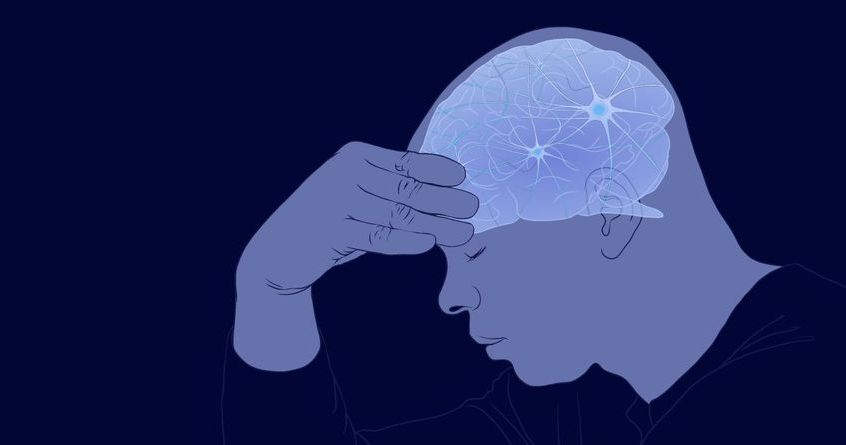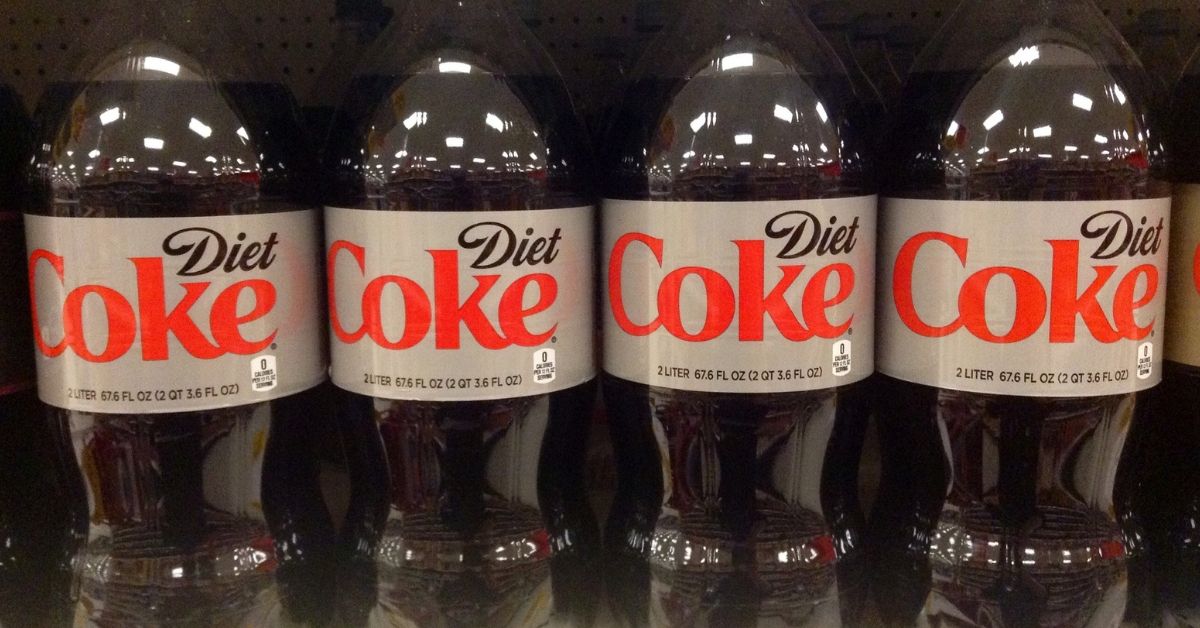I've lived through the pain of caring for someone with dementia, and odds are so have you.
The nonprofit organization Alzheimer's Association says that 5.7 million Americans have the chronic memory loss condition, and sadly that number is only expected to grow.
These conditions aren't just difficult to live with, they're deadly. Alzheimer's disease complications now kill more people than breast and prostate cancer combined.
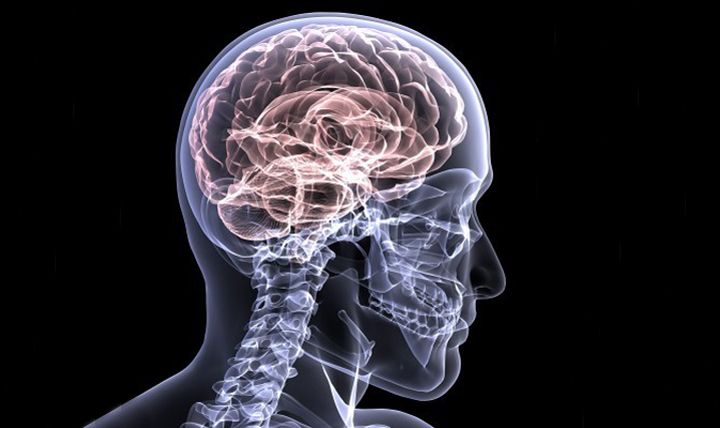
But there's new hope for patients with these serious memory conditions, because a new treatment could reverse the memory loss they cause.
Reversing The Damage Of Alzheimer's Disease
Scientists at MIT claim to have reversed memory loss caused by Alzheimer's in mice, and say that someday the treatment could be used on humans.
Their study, published last year in Cell Reports, featured a surprisingly simple method for repairing damaged memories.
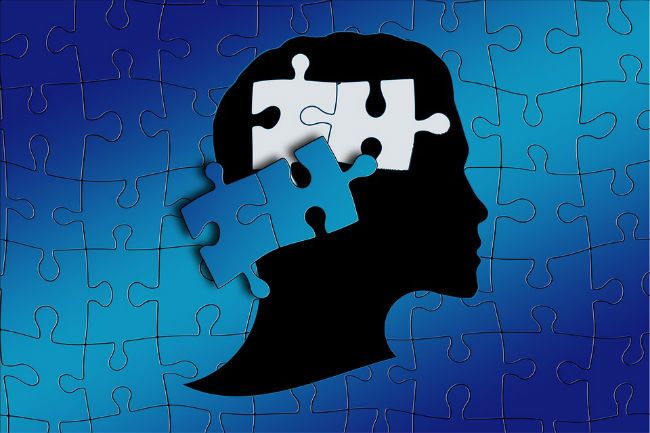
Researchers learned how to block an enzyme called HDAC2, which is believed to interfere with the genes that protect our memories.
Studies of the brains of patients with Alzheimer's reveal that a buildup of HDAC2 leads to forgetfulness, and prevent the mind from forming new memories.
"If we can remove the blockade by inhibiting HDAC2 activity or reducing HDAC2 levels, then we can restore expression of all these genes necessary for learning and memory," explained the study's lead author Li-Huei Tsai.
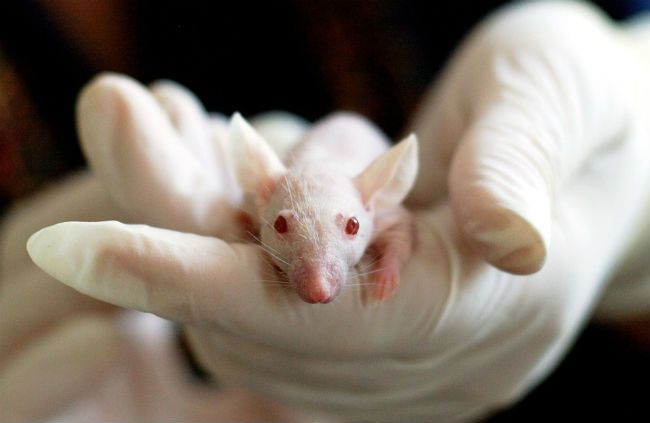
The MIT study was the first time researchers managed to block the enzyme that causes memory loss in mice without causing toxic damage to the brain at the same time.
But research using animal brains is just the first step, as the scientists hope that some day this treatment can be applied to humans.
Protecting Your Brain From Alzheimer's
While research into Alzheimer's treatments continues, experts have found another surprising way to fight memory loss: exercise.
Research published in Science found that old-fashioned exercise helped "clean up" mice brains damaged by Alzheimer's.

As Alzheimer's and dementia attack the brain, waste from damaged nerve cells interferes with connections, making memory loss worse.
Experts say that exercise helps to restore nerve cells, especially in the hippocampus, or the part of the brain that stores memories.
These findings also back up older research, which suggested that exercise promotes the growth of healthy nerve cells, slowing down the spread of dementia and Alzheimer's in the first place.
While exercise is definitely helpful, the researchers who singled out its health benefits want to develop new medicines that will treat memory loss even faster.
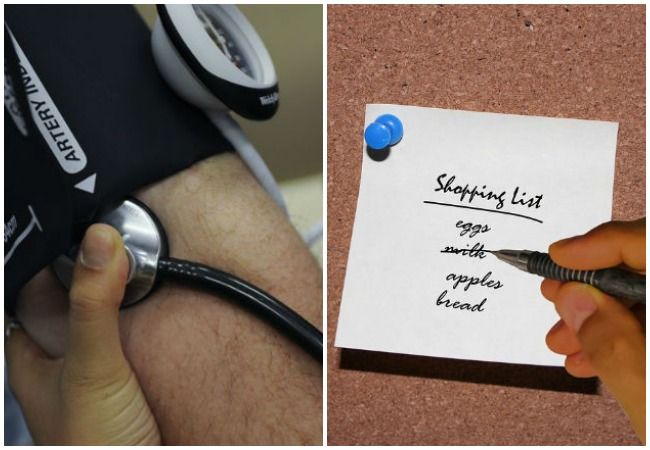
If exercise isn't for you, lowering your blood pressure can also protect you from Alzheimer's.
Plaque and blood vessel damage caused by high blood pressure seem to contribute to chronic memory condition.
Reducing stress, quitting smoking, and eating a healthy diet will all help bring down your blood pressure and bad cholesterol.
Memory training games also seem to strengthen your brain, and slow the effects of chronic memory conditions.
We don't mean jigsaw puzzles - daily challenges like memorizing a grocery list or a friend's phone number are more helpful for brain training.
[H/T: News MIT, Scientific American]
